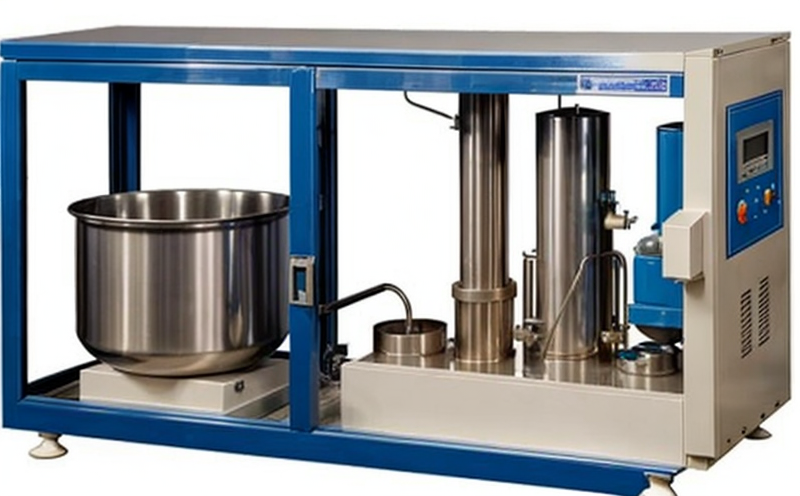ISO 46097 Fumonisin Detection in Corn Gluten Feed
The ISO 46097 standard provides a precise method for the detection of fumonisins, particularly B1 and B2, in corn gluten feed. This service is crucial for ensuring food safety and quality compliance with international standards.
Corn gluten feed is an important component in animal diets and can be found in various forms such as wet distiller’s grains or dry distiller’s grains. Fumonisins are potent mycotoxins produced by certain strains of Fusarium fungi, which can contaminate corn during growth or processing stages. These toxins pose significant risks to both human health and animal welfare.
Compliance with ISO 46097 is essential for industries involved in the production, storage, and distribution of feed products. By adhering to this standard, laboratories ensure that their testing processes are robust, accurate, and consistent with international best practices. This not only helps maintain high standards of animal health but also supports sustainable agricultural practices.
The detection process involves several critical steps starting from sample preparation through analysis using advanced analytical techniques like liquid chromatography-tandem mass spectrometry (LC-MS/MS). The LC-MS/MS technique allows for accurate quantification and identification of fumonisins, providing reliable data that can be used to make informed decisions regarding feed quality control.
For effective implementation of ISO 46097, laboratories must employ trained personnel equipped with the necessary knowledge and skills. Regular calibration and validation of instruments are also vital in maintaining precision and accuracy throughout testing procedures.
In conclusion, implementing the ISO 46097 standard for fumonisin detection ensures compliance with international food safety regulations while promoting safer practices within agricultural supply chains.
Benefits
- Enhanced Food Safety: Ensures that feed products do not contain harmful levels of fumonisins, thereby protecting animal health and preventing potential contamination of food chains.
- Compliance with International Standards: Helps businesses meet regulatory requirements set by organizations such as the European Commission (EC) and other global bodies.
- Promotion of Sustainable Practices: Supports environmentally friendly agricultural methods by identifying contaminated lots early, thus minimizing waste and losses.
- Improved Animal Health: By detecting fumonisins at their earliest stages, farmers can take corrective actions promptly to maintain optimal livestock performance.
The benefits extend beyond just regulatory compliance; they encompass broader implications for public health, environmental sustainability, and economic stability within the agricultural sector.
International Acceptance and Recognition
- EC Directive: The European Commission has recognized ISO 46097 as an essential tool for ensuring food safety, aligning with EU regulations regarding feed additives.
- Agricultural Organizations: Various international bodies such as the Food and Agriculture Organization (FAO) recommend using ISO standards like 46097 to standardize testing procedures globally.
- Industry Leaders: Major players in the animal nutrition industry have adopted this method for their quality assurance programs, ensuring consistency across different geographical markets.
The widespread acceptance of ISO 46097 reflects its importance in maintaining high standards of food safety and quality throughout the world. Its integration into regulatory frameworks underscores its role as a benchmark for fumonisin detection.
Environmental and Sustainability Contributions
The implementation of ISO 46097 contributes positively to environmental sustainability by preventing the spread of contaminated feed into food chains. Early identification of fumonisins allows for prompt corrective actions, reducing the risk of further contamination during transportation or processing.
This service also supports sustainable agricultural practices by enabling producers to make informed decisions based on accurate test results. By minimizing the use of potentially harmful products and promoting safer alternatives, ISO 46097 helps create a more resilient food system that is less vulnerable to mycotoxin outbreaks.
Moreover, adherence to this standard encourages transparency in supply chains, fostering trust between producers, processors, and consumers alike. This enhanced transparency fosters long-term relationships built on mutual respect and shared goals towards better environmental stewardship.





